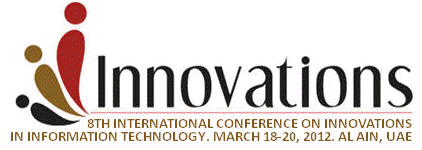First Workshop on New Trends in Software Engineering (NTSE)Workshop GoalsThe main objective of this workshop is to bring together researchers from the software engineering fields. The first sub-objective is tries to identify critical challenges and progress the state-of-the-art on variability in software product line architectures and software product line. Software systems are addressing an increasing range of requirements; requirements that in turn evolve over time. If systems are expected to operate successfully under these circumstances, they need to be able to autonomously adapt to the various constraints and situations autonomously. Software product line (SPL) techniques can be successfully used to provide such flexibility, but in order to be effective their capabilities need to be fully automatized and be made to work at system runtime. Over the last few years, this branch of software systems has established itself as dynamic software product lines (DSPL). In a DSPL various software variants are managed, variation points are bound flexibly, but all this is done at runtime, this may even mean that the whole product derivation is fully automatic. DSPL is strongly related to current research topics like self-managing systems, autonomous and ubiquitous systems, etc. However, it adds product line engineering techniques, methods and processes to the mix as a conceptual basis. The second sub-objective concerns e-commerce engineering methods. In fact, the use of ecommerce is increasing and replacing the traditional commerce. The rapidity of growth and the accrue turbulence in these domains leads project teams to accelerate the development rhythm and to ignore the conceptual phase of such projects. The first topic of this sub-objective is to present specific methods to conceive sush applications. The second topic of this sub-objective concerns the use of customer experience and data for profiling and data analysis. The objective of this workshop is to provide a forum for the exchange of ideas, to establish cooperation, and to bring industrial experiences and research together. Research Topics and challengesThe workshop will have a highly interactive program with focused presentations and break out sessions for discussion, Presentations will be selected based on the relevance of the submitted papers to the key questions mentioned above. In addition, we plan to invite a number of experienced researchers for invited papers on the different topics. Topics of interest to the workshop include, but are not limited to:
Important Dates
Organizers
Contact
Prof. Naoufel Kraiem, CRI, University of Paris 1- La Sorbonne, email: naoufel.kraiem@topnet.tn
DurationHalf day |
